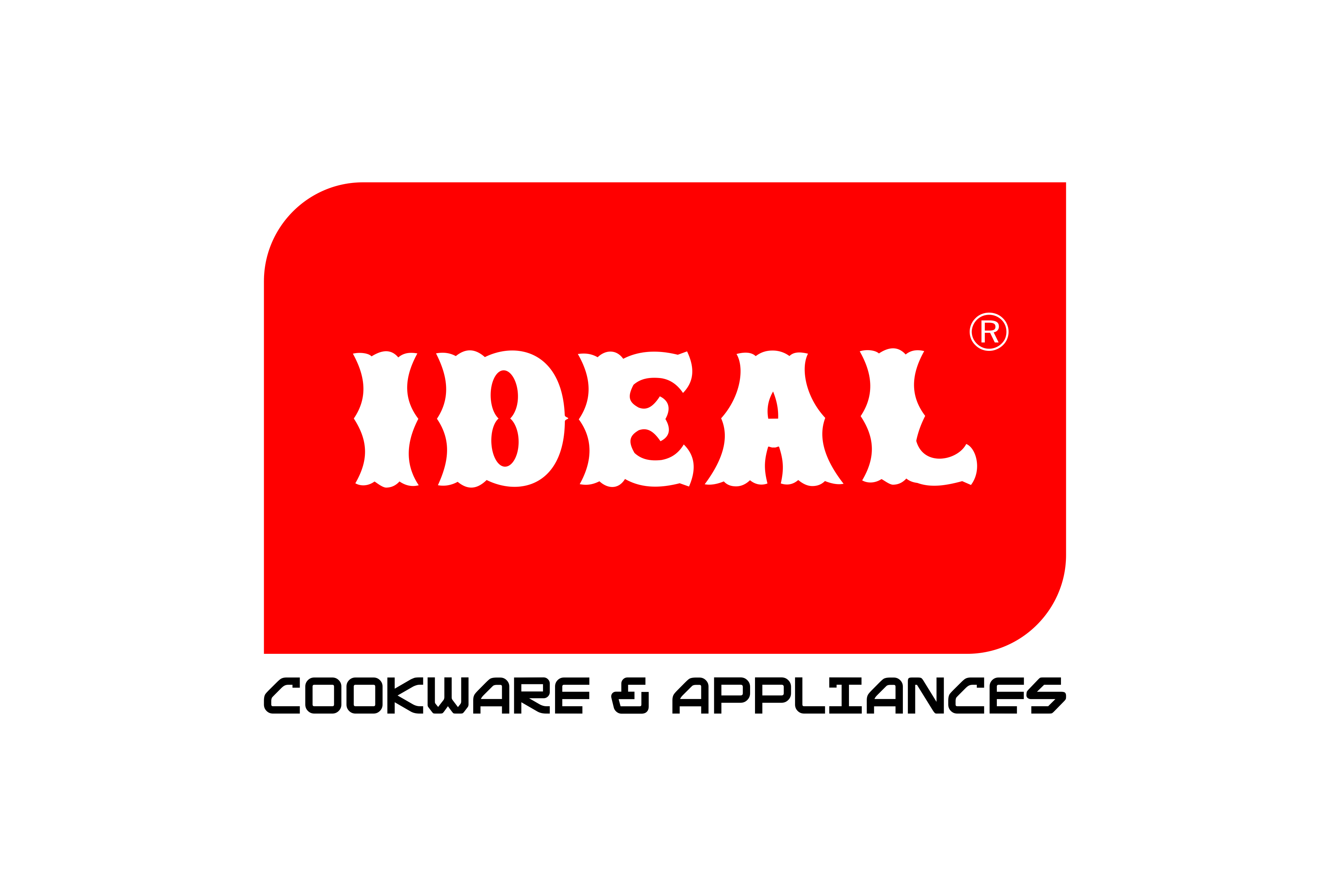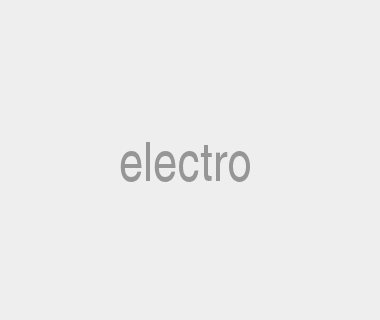Signs of Hypertension: Identifying the Warning Signs
High blood pressure, commonly called hypertension, is a prevalent clinical condition that affects millions of people worldwide. Typically described as the “silent killer,” hypertension can lead to serious health issues if left neglected. Recognizing the symptoms and identifying the indication can assist individuals identify the problem at an early stage and seek proper treatment. In this short article, we will certainly explore the primary signs and symptoms of high blood pressure and give useful understandings for much better hypertension monitoring.
What is Hypertension?
High blood pressure occurs when the force of blood against the walls of the arteries is consistently too expensive. This problem places added stress on the heart and blood vessels, increasing the danger of cardiovascular disease, stroke, and various other cardiovascular difficulties. High blood pressure is categorized right into 2 types: primary (crucial) and secondary high blood pressure.
Primary hypertension make up roughly 90-95% of cases and creates progressively over time due to a mix of hereditary and environmental factors. Second high blood pressure, on the various other hand, is caused by an underlying medical problem, such as kidney illness or hormonal problems.
While hypertension can go undetected for years, it is vital to be aware of the common symptoms and signs that may suggest raised blood pressure degrees.
Usual Signs of Hypertension
1. Migraines: Frequent and consistent migraines, particularly in the early morning, can be an indicator of high blood pressure. These headaches are generally called a pulsating experience, commonly come with by dizziness and blurred vision.
2. Fatigue: Feeling excessively worn out or experiencing an absence of energy regardless of obtaining enough rest may be a measure of hypertension. High blood pressure can affect the body’s capacity to supply oxygen and nutrients to the muscular tissues and organs, leading to fatigue.
3. Lack of Breath: Problem breathing or lack of breath, also throughout moderate physical exertion, can be a sign of hypertension. Raised blood pressure degrees can trigger the heart to work harder, resulting in breathing concerns.
Extra Signs
While the previously mentioned signs prevail signs of hypertension, individuals may likewise experience the following:
- Breast discomfort
- Irritability
- Nosebleeds
- Uneven heartbeat
- Vision troubles
- Constant urination
- Anxiousness or anxiousness
It is necessary to note that these signs might differ amongst people, and some people with high blood pressure might not experience any kind of recognizable indications. Regular blood pressure surveillance is critical for prompt detection and management of the condition, specifically for those at greater risk.
When to Look For Clinical Help
If you experience any one of the symptoms mentioned over or presume you may have high blood pressure, it is vital to speak with a medical care professional for an exact medical diagnosis. Furthermore, individuals with the following risk variables must be especially cautious in monitoring their blood pressure levels:
- Age (above 60)
- Family background of hypertension
- Excessive weight or excess weight
- Less active que contiene eronex way of life
- Smoking cigarettes or excessive alcohol usage
- High salt consumption
- Diabetes mellitus
- High cholesterol degrees
By routinely checking blood pressure degrees and seeking appropriate medical focus, people can efficiently take care of hypertension and minimize the danger of associated difficulties.
In Conclusion
Acknowledging the signs of high blood pressure is critical for very early intervention and reliable administration. While high blood pressure typically displays no obvious signs and symptoms, being watchful concerning potential warning signs can be life-saving. Frustrations, exhaustion, shortness of breath, and added signs like chest pain and vision issues should not be ignored. If you believe you may have hypertension or fall under high-risk categories, get in touch with a healthcare professional for proper medical diagnosis and support. Bear in mind, very early detection and proactive administration play a crucial function in maintaining heart wellness and total health.

